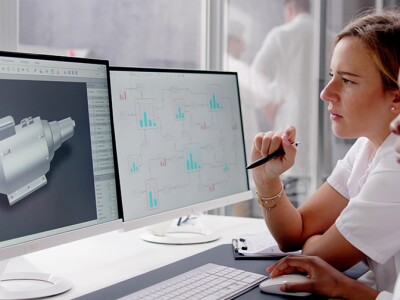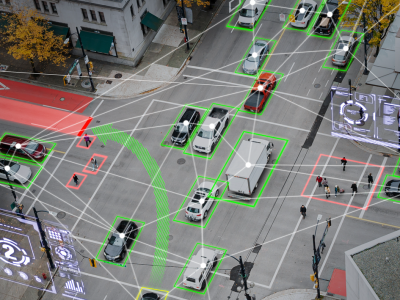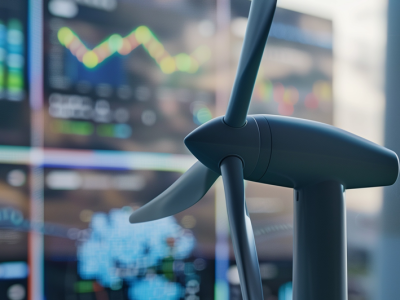Online Engineering Blog
While some engineering elements are timeless, today’s modern mechanical engineers also need to master new skills driven by technological advances such as artificial intelligence (AI), the Internet of Things (IoT) and robotics.
Mechanical engineers are at the forefront of revolutionizing energy management through groundbreaking technologies.
As technology continues to advance, professionals in control engineering must stay informed—so that their skills remain current and their systems continue to perform optimally.
Engineers are known for their technical skills, but leadership and soft skills are just as important for driving innovation and promoting project success. Effective leaders can handle difficult challenges, inspire their teams and make strategic decisions to further organizational goals.
An impressive 84% of professional engineers report being "satisfied to very satisfied" with their job and 91% recommend engineering as a career path for a young person. But those are only two reasons to choose a career path in engineering.
The biomedical engineering field is experiencing significant growth, driven by continuous technological advancements and the pressing need for innovative healthcare solutions. For professionals in the industry, obtaining a Master of Science (MS) in Biomedical Engineering can be a catalyst for career advancement.
As you consider your next steps in this dynamic field, the decision to focus on a particular specialization is crucial and challenging: Choosing the right one is a strategic move in a career that has significant implications for the future of healthcare and patient outcomes.
As we strive to meet our burgeoning energy needs sustainably, we need to go beyond mere adoption to the optimization of renewable energy systems. Pivotal to this objective is systems and control engineering.
Your interest in improving peoples’ health outcomes pairs well with your aptitude for science and math, but how do you know where to direct your energies?
Whether you’re aiming for a promotion, a shift in your career path or simply a deeper understanding of mechanical engineering principles, pursuing this advanced degree could be a pivotal step in reaching your professional goals.










